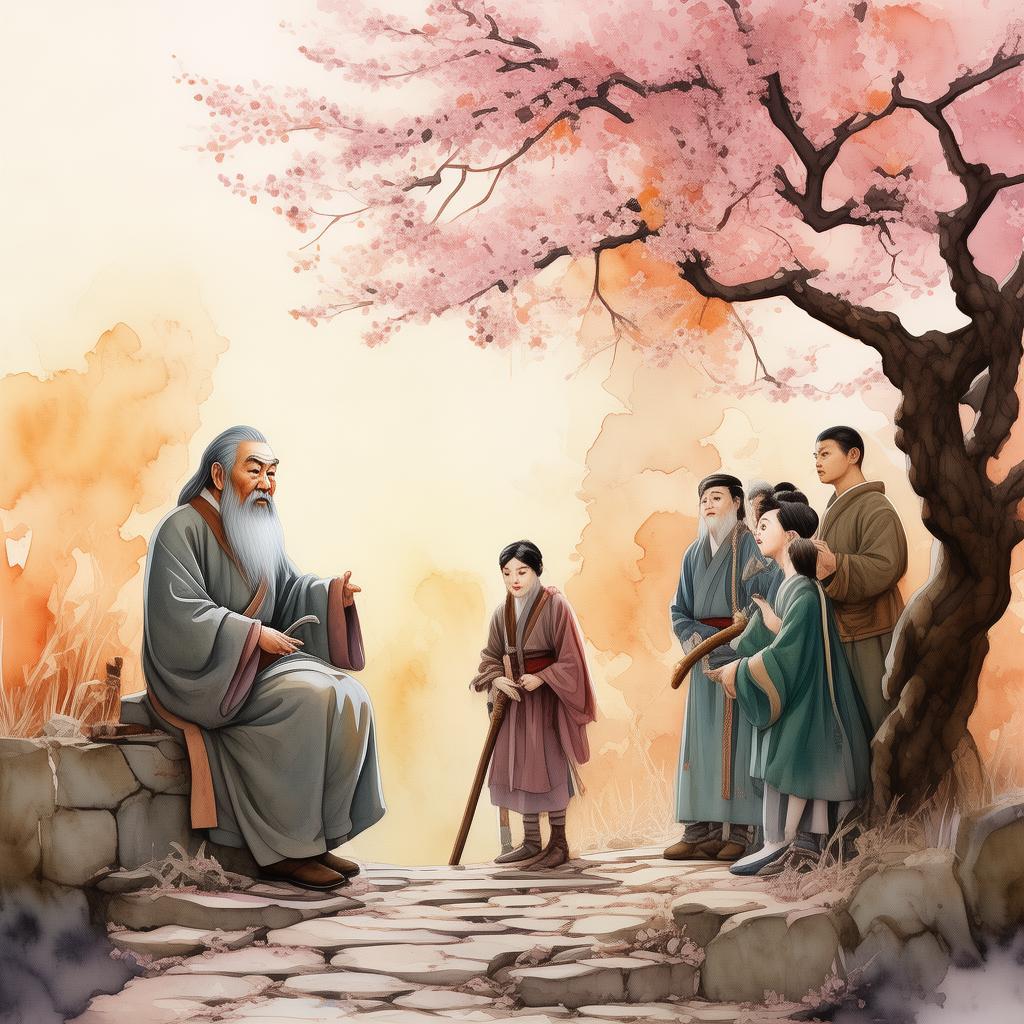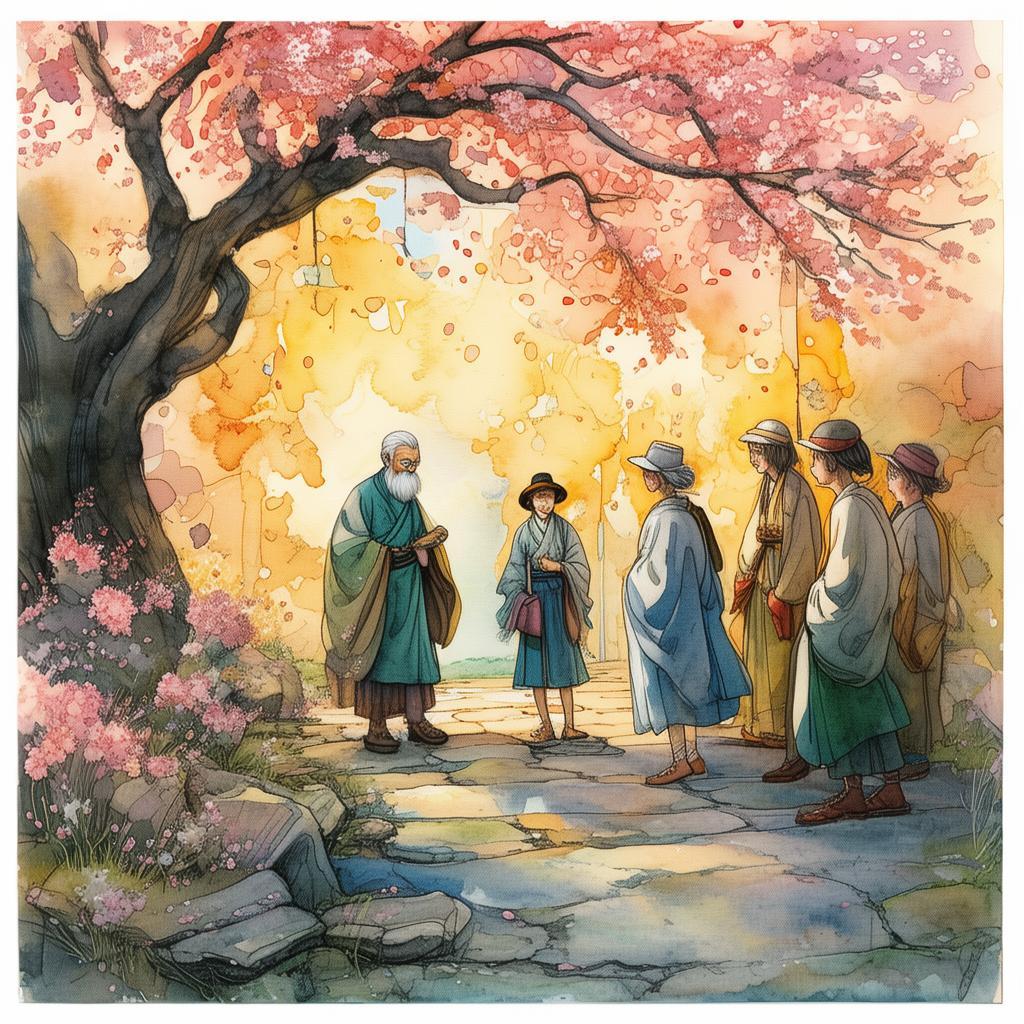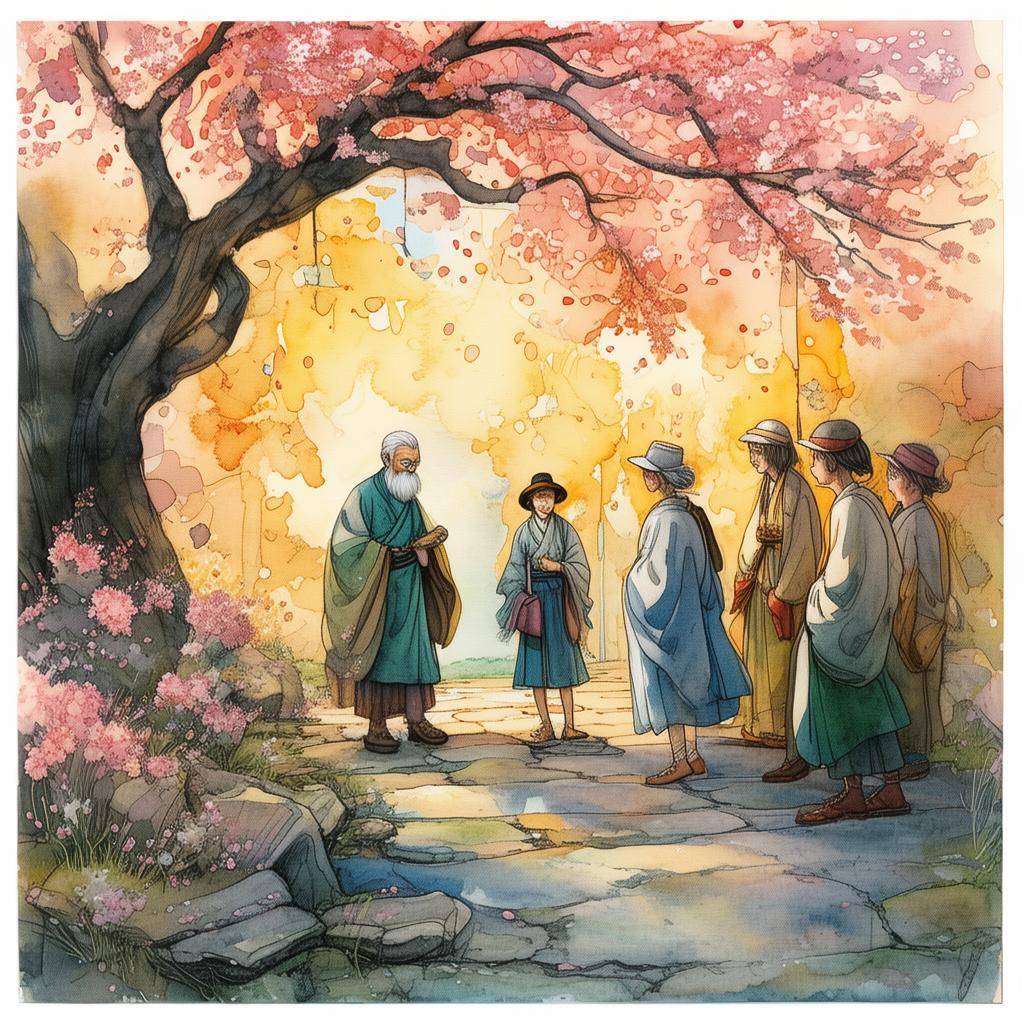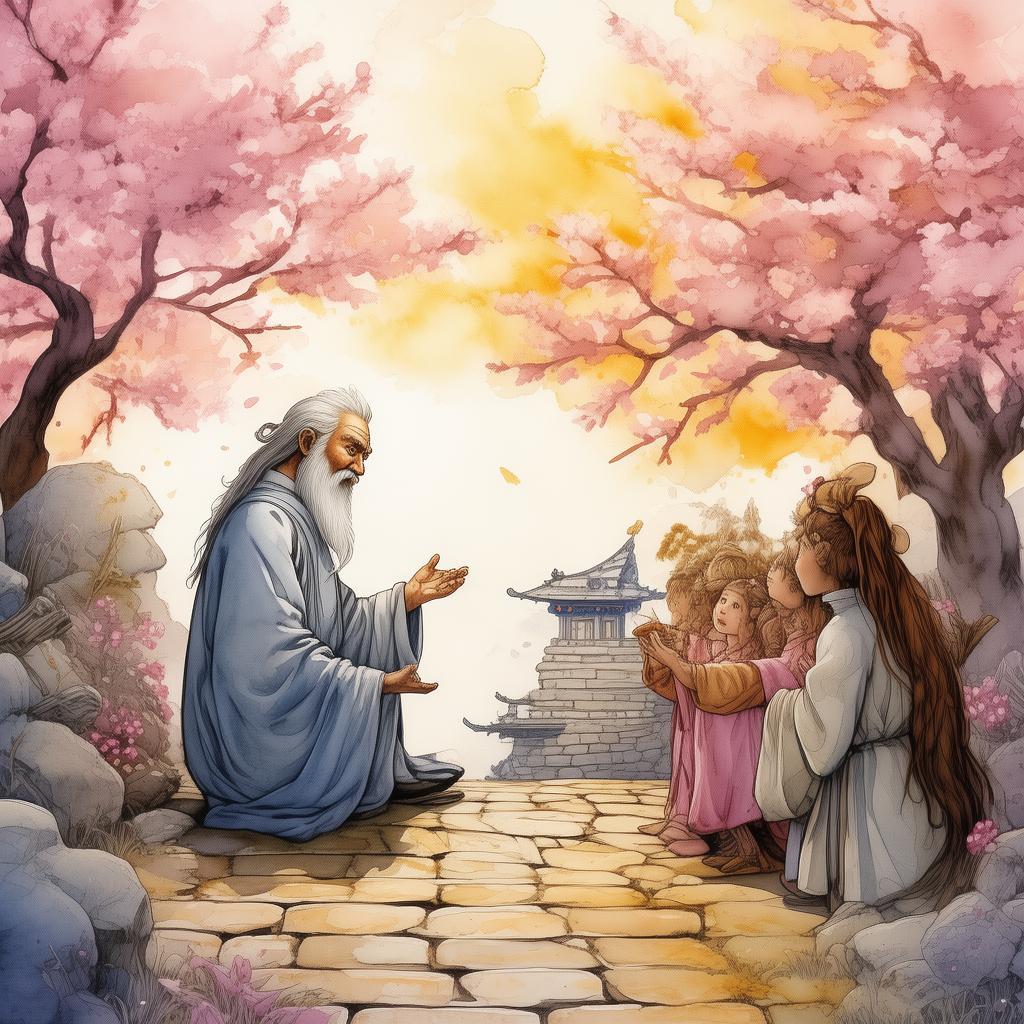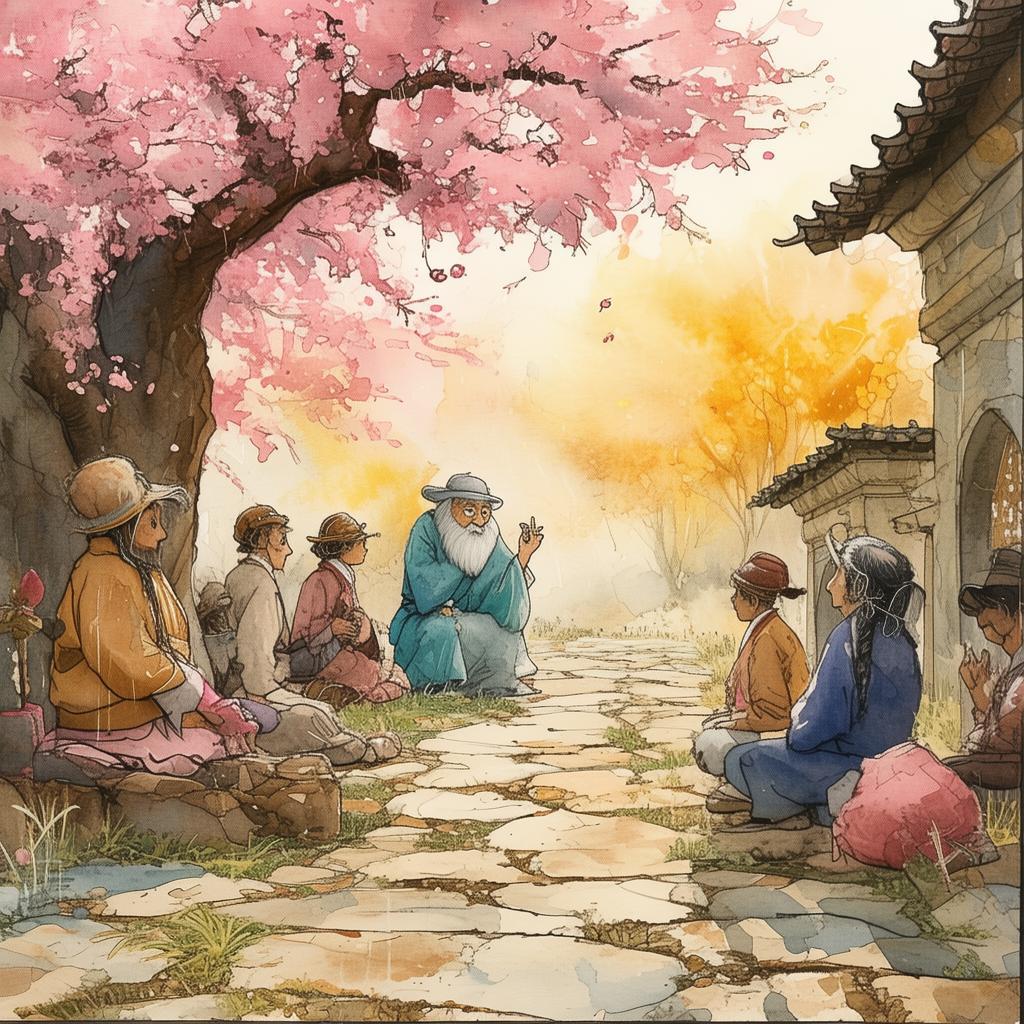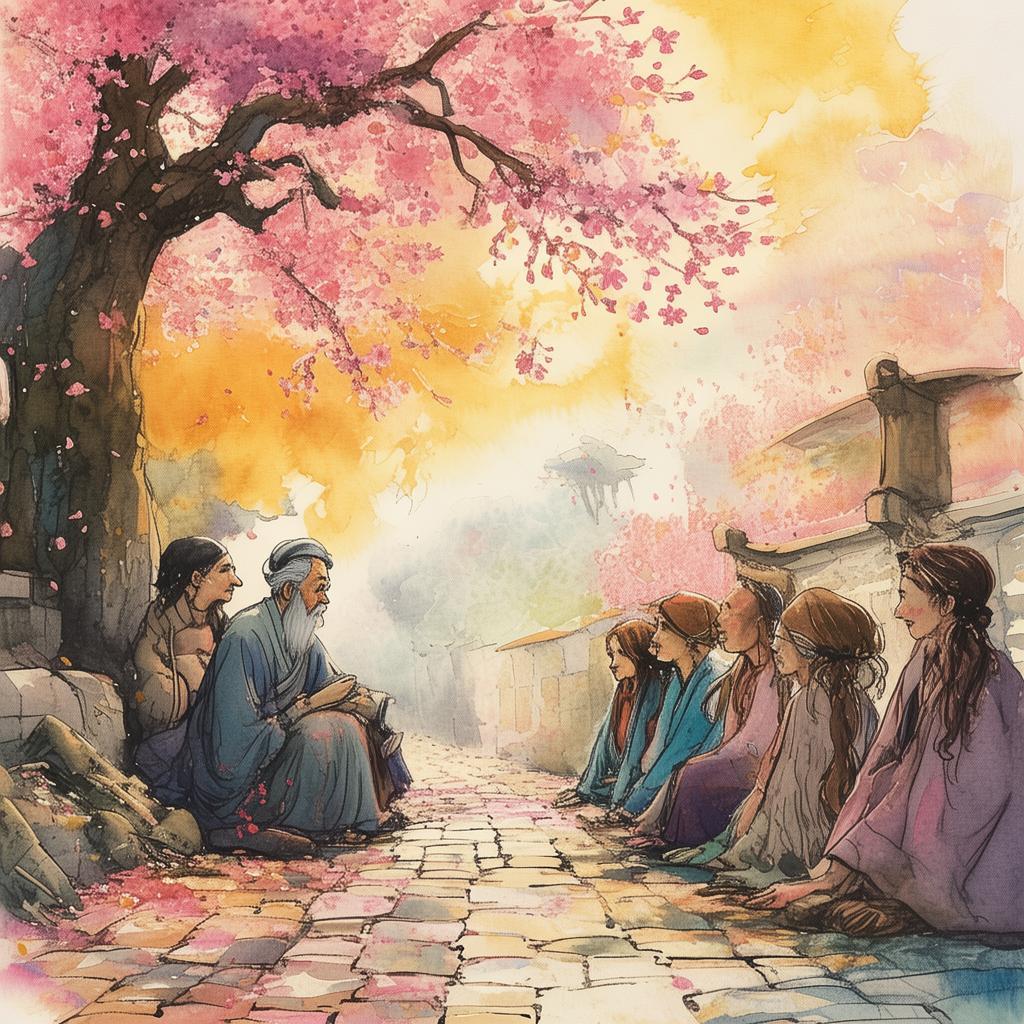The Lyrical Symphony of Love: A Tale of the Eightfold Serenade
In the bustling city of Linghua, amidst the symphony of its streets, there lived a maestro named Qin. His life was a composition of music and love, his soul resonating with the melodies of the heart. Qin was not just a composer; he was a weaver of dreams, a creator of emotions through the strings of his piano. His greatest work was to be a love story, a narrative that would transcend time and space, titled "The Eightfold Serenade."
The first movement of the serenade was the melody of their courtship. Qin and Xiao Mei, a young and beautiful violinist, were drawn together by their shared love for music. Their love was like a gentle waltz, a tender duet that played in the quiet moments of their lives. But as the serenade progressed, it took on a darker hue.
The second movement was a crescendo of passion, filled with the fireworks of romance and the heat of desire. However, Xiao Mei's heart was as complex as the music they played together. She was torn between her love for Qin and her ambition as a violinist, a conflict that was as difficult to resolve as a complex piece of music.
As the third movement unfolded, Xiao Mei's past caught up with her. She had a secret, a sin that threatened to shatter their love—a past that Qin was unaware of. It was a sin that could either become a part of the symphony or destroy it entirely.
The fourth movement was a somber elegy, a dirge for the love they had lost. Xiao Mei's secret was revealed, and Qin was faced with a heart-wrenching choice: to forgive her or to walk away. The music was heavy with emotion, a reflection of their love's fragility.
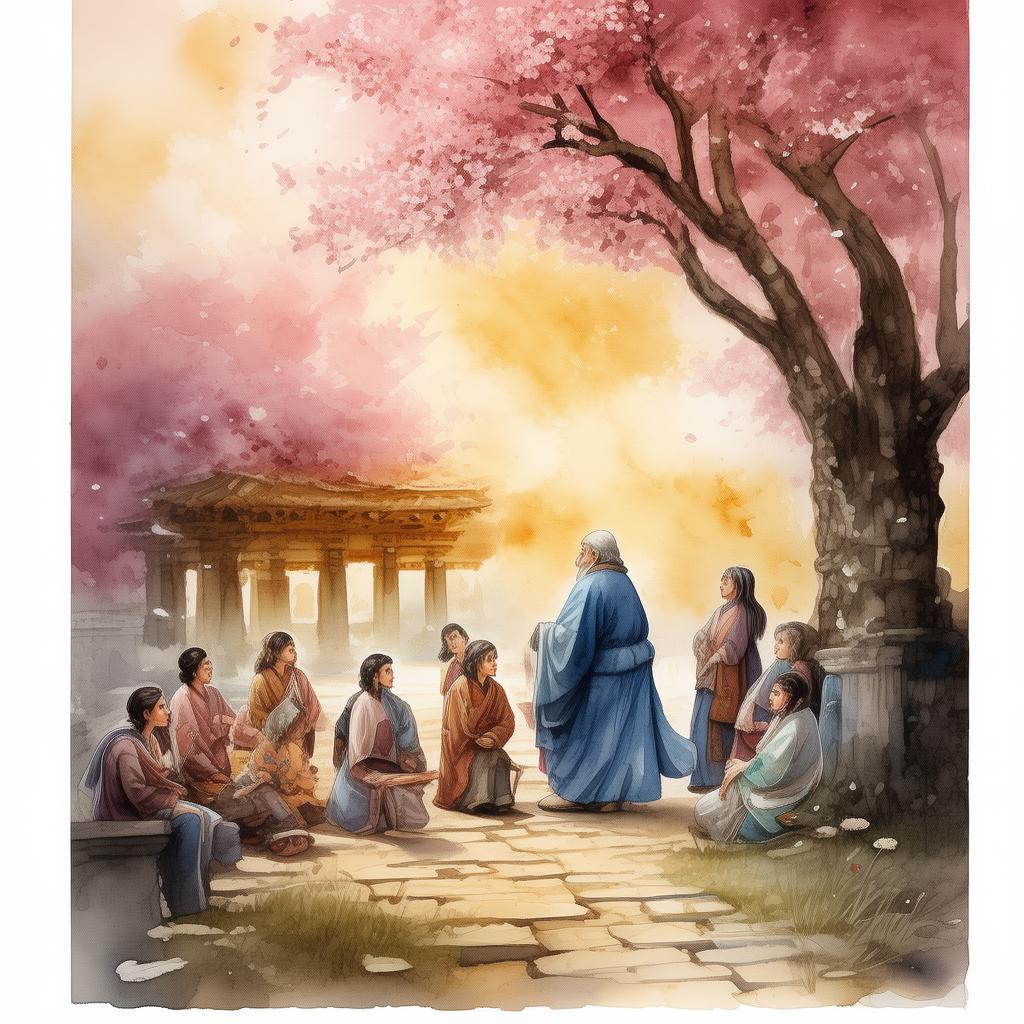
In the fifth movement, the story took a dramatic turn. Xiao Mei confessed her truth, and Qin, in a moment of profound pain, decided to compose a piece that would honor her truth, a piece that would be a testament to their love's resilience.
The sixth movement was a scherzo, a light-hearted interlude that provided a brief respite from the heavy themes of the previous movements. It was a moment of hope, a glimmer that the serenade could still end on a positive note.
The seventh movement was a fugue, a complex and intricate piece that mirrored the turmoil in Xiao Mei's heart. She was torn between the love she felt for Qin and the fear of losing herself in the process. The music was chaotic, a reflection of her internal struggle.
As the eighth and final movement began, the story reached its climax. Qin revealed that the entire serenade was his way of seeking Xiao Mei's forgiveness. He had known about her secret all along but chose to love her despite it. The music soared, a testament to their love's depth and the power of forgiveness.
The final notes of the serenade were a hauntingly beautiful melody, a reminder of the love that had been tested and proven true. Xiao Mei and Qin looked into each other's eyes, understanding that their love was not just a story but a symphony, one that would resonate through the ages.
In the end, the serenade became more than a piece of music; it was a symbol of the enduring power of love, forgiveness, and the human spirit. And so, "The Eightfold Serenade" became a legend, a tale that would be told and retold, a love story that would never fade.
✨ Original Statement ✨
All articles published on this website (including but not limited to text, images, videos, and other content) are original or authorized for reposting and are protected by relevant laws. Without the explicit written permission of this website, no individual or organization may copy, modify, repost, or use the content for commercial purposes.
If you need to quote or cooperate, please contact this site for authorization. We reserve the right to pursue legal responsibility for any unauthorized use.
Hereby declared.
